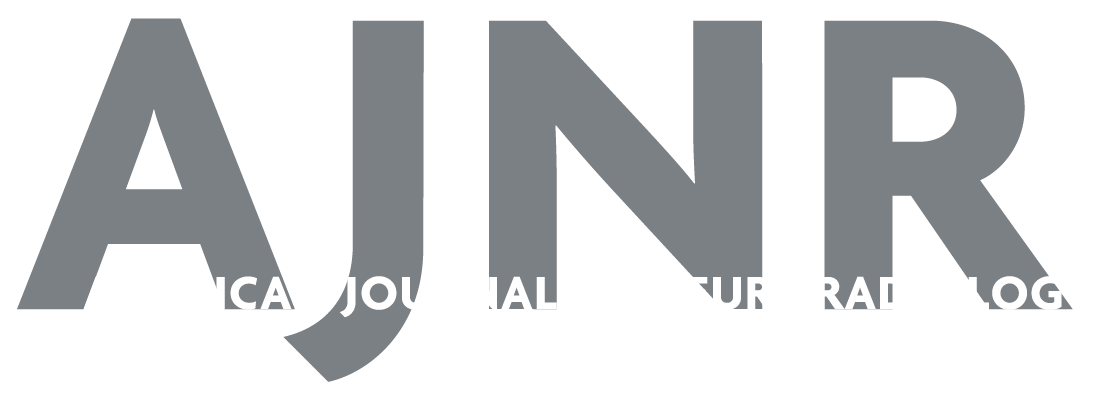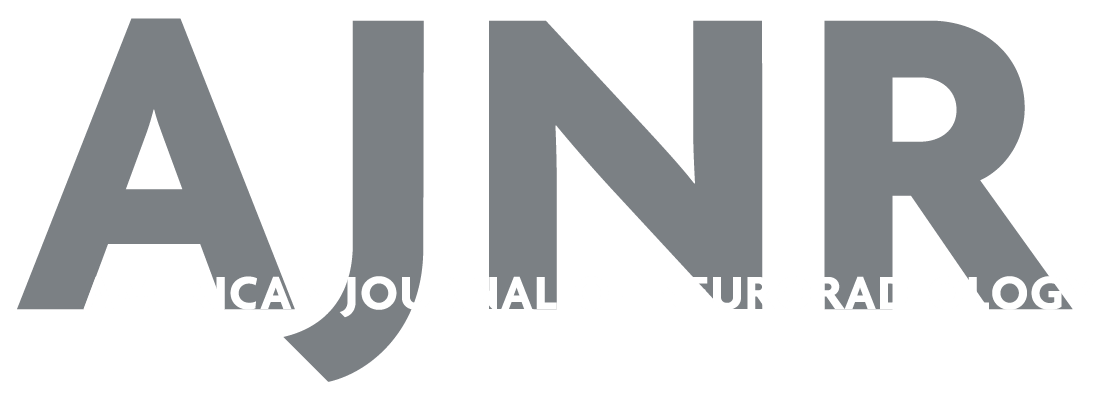- State of Practice: ASNR Statement on Gadolinium-Based Contrast Agent Use in Patients with Chronic Kidney Disease
The ASNR Standards and Guidelines Committee reviewed new research evidence on GBCA safety and its relevance to current MRI contrast administration guidelines for patients with CKD. The recommendations for CKD patients are that there is no longer a need to withhold group II GBCAs when medically indicated for diagnosis and that it is not necessary to check renal function for these agents.
- Alternative Venous Pathways: A Potential Key Imaging Feature for Early Diagnosis of Sturge-Weber Syndrome Type 1
In this retrospective review of children with SWS, the most prevalent lesions at the first MRI were subarachnoid varicose network and transmedullary veins. The dilated venous channels are an early compensatory mechanism, preceding abnormal pial contrast enhancement, atrophy, and calcification.
- Alzheimer Disease Anti-Amyloid Immunotherapies: Imaging Recommendations and Practice Considerations for Monitoring of Amyloid-Related Imaging Abnormalities
This review discusses the 3 key MRI sequences for ARIA monitoring and standardized imaging protocols and provides imaging recommendations for 3 key patient scenarios. All patients on anti-amyloid immunotherapy should have T2* gradient-recalled echo (to evaluate for ARIA-H), 2D or 3D T2 FLAIR (to evaluate for ARIA-E), and DWI (to differentiate ARIA-E from acute ischemia). Patient imaging scenarios are 1) baseline dementia diagnosis/treatment enrollment evaluation, 2) asymptomatic ARIA monitoring, and 3) evaluation of the symptomatic patient on anti-amyloid immunotherapy.
AJNR Awards, New Junior Editors, and more. Read the latest AJNR updates






